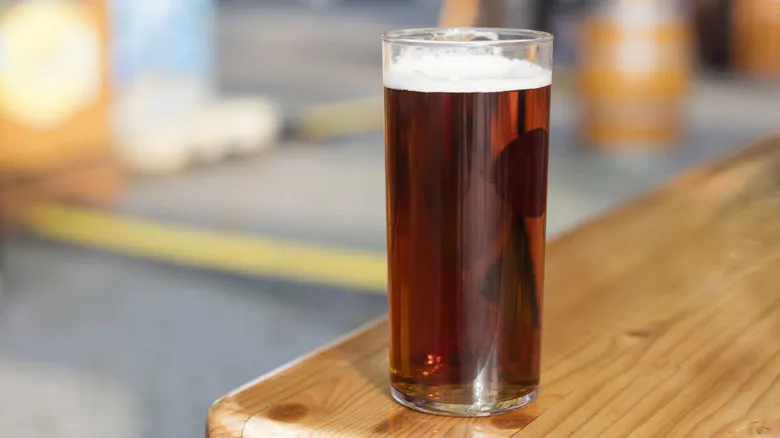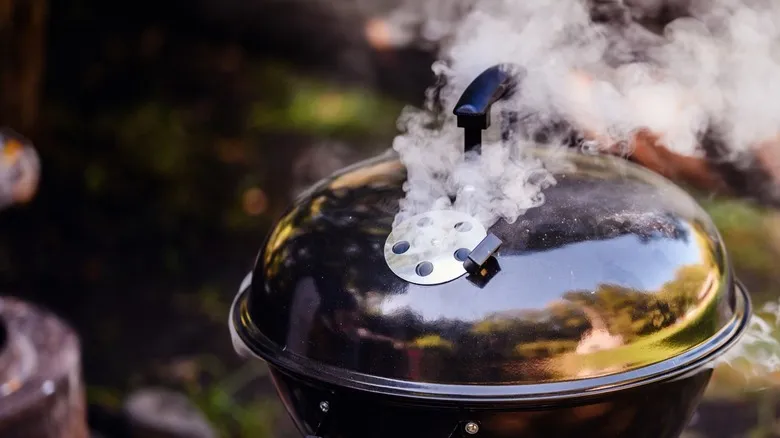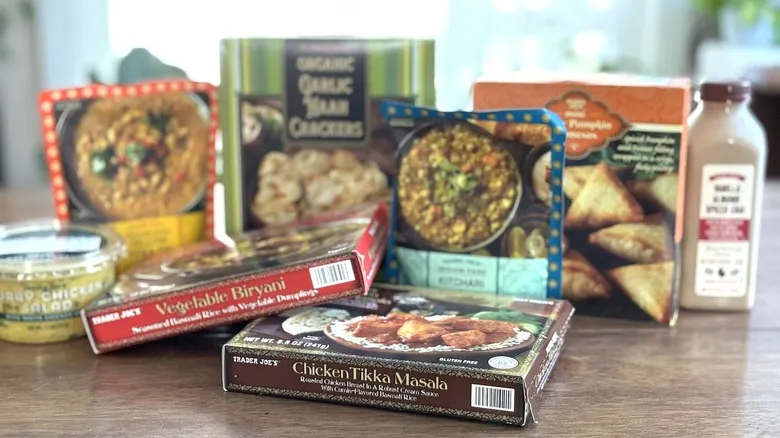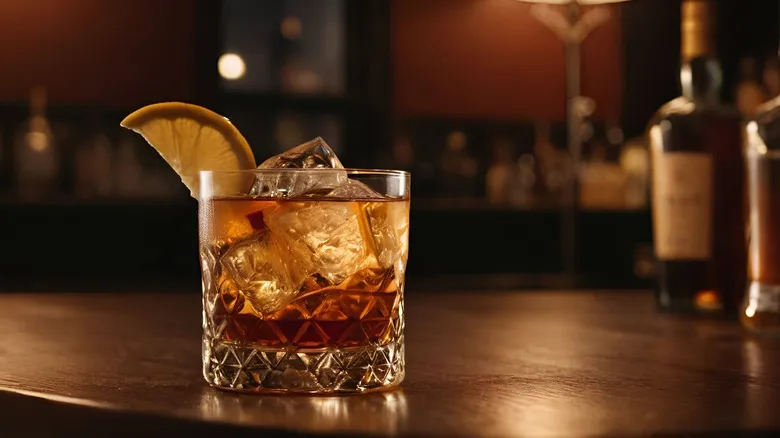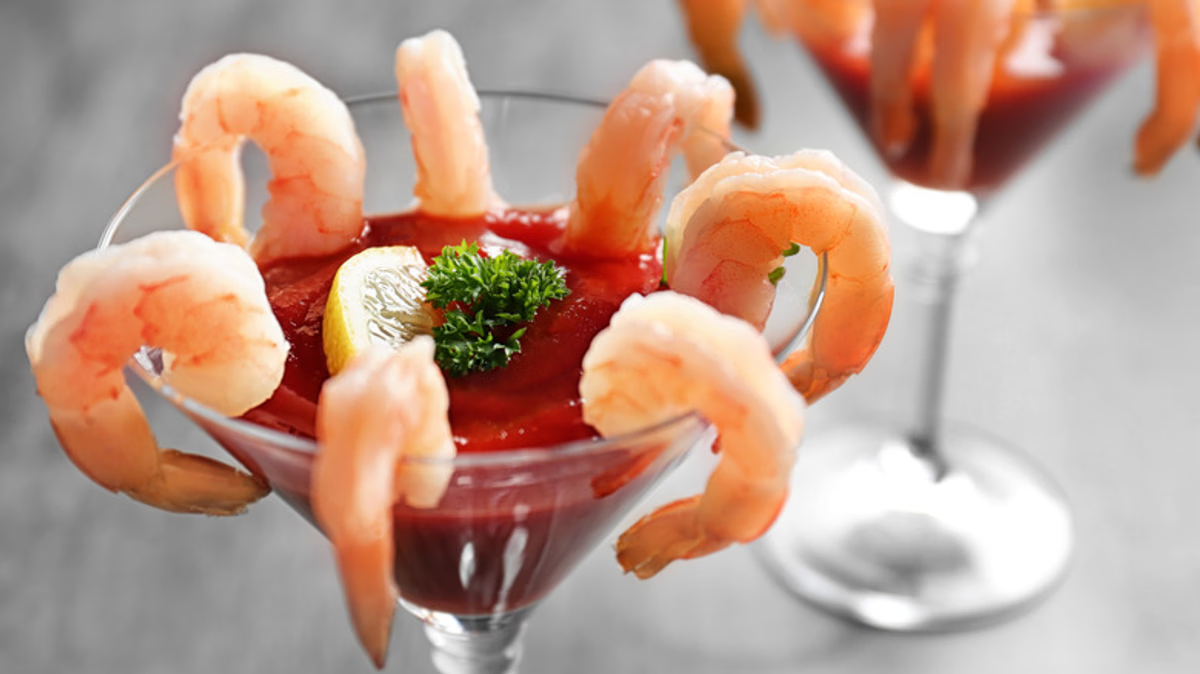Craft beer has tons of variety
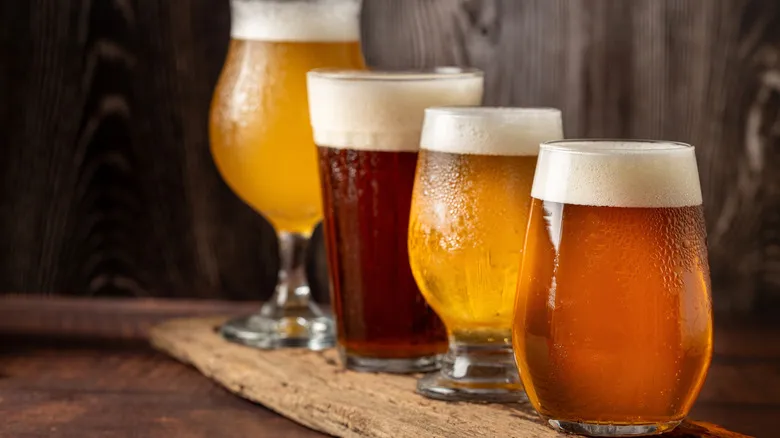
Craft beer encompasses a somewhat broader concept: it refers to beer produced by smaller, independent breweries that utilize traditional brewing techniques, as opposed to widely recognized mass-market brands like Corona or Heineken. This definition can still be somewhat ambiguous, and the Brewer's Association prefers to focus on "craft brewers" rather than "craft beer" when discussing the often unique and flavorful offerings from these smaller establishments (strong IPAs are particularly linked to craft brewers). The term remains complex, as many so-called craft beers are owned by Anheuser-Busch after acquisitions, such as Goose Island and Elysian Brewing. Anheuser-Busch refers to them as its "craft partners," and they are frequently labeled as craft beer due to their distinctive styles. This distinction can sometimes become unclear.
While most real ale would undoubtedly qualify as craft beer, not all craft beer can be classified as real ale. Real ale not only employs traditional ingredients but also specifically mandates the cask-conditioning method and avoids additional carbonation, resulting in a gentle, natural carbonation derived from fermentable sugars. If an ale—or particularly a lager—is carefully crafted by a small, independent brewer without adhering to these methods, it will be a delightful craft beer, but it will not be considered real ale. There is nothing inherently wrong with modern beer; however, real ale reflects a deeper connection to the rich history of brewing.
Recommended

Why Sparkling Wine Goes So Well With Fried Food
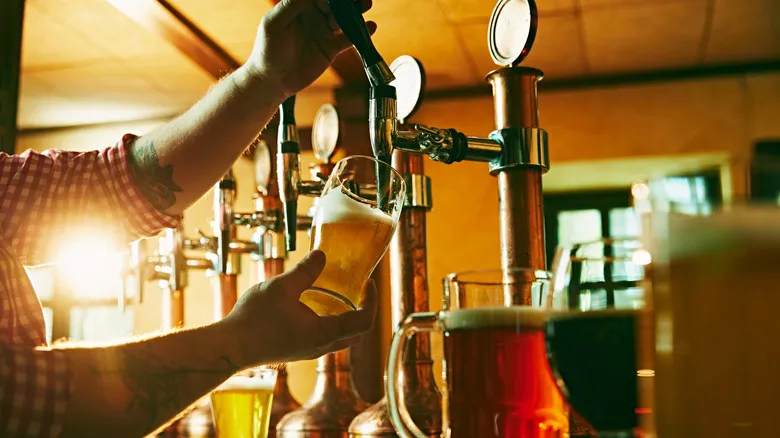
The Simple Way To Discover Great New Beers When Traveling
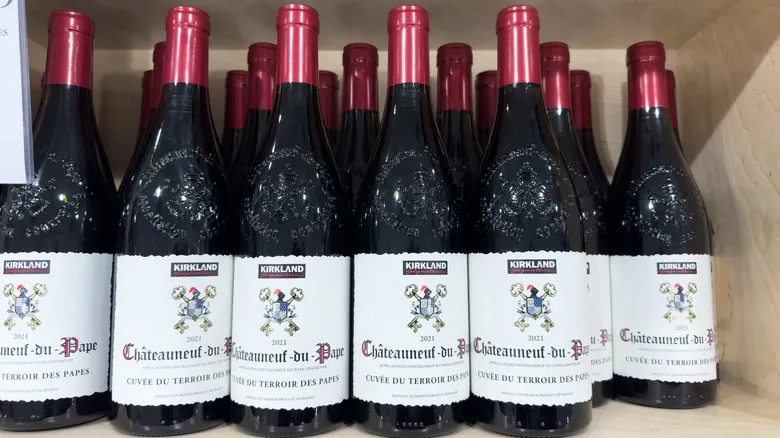
Who Makes Costco's Kirkland Signature Wine?
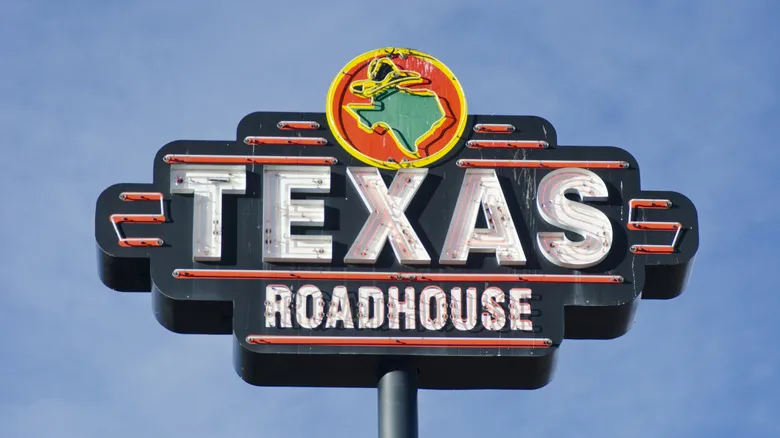
The Exact Temperature Texas Roadhouse Serves Its Draft Beer
Next up

